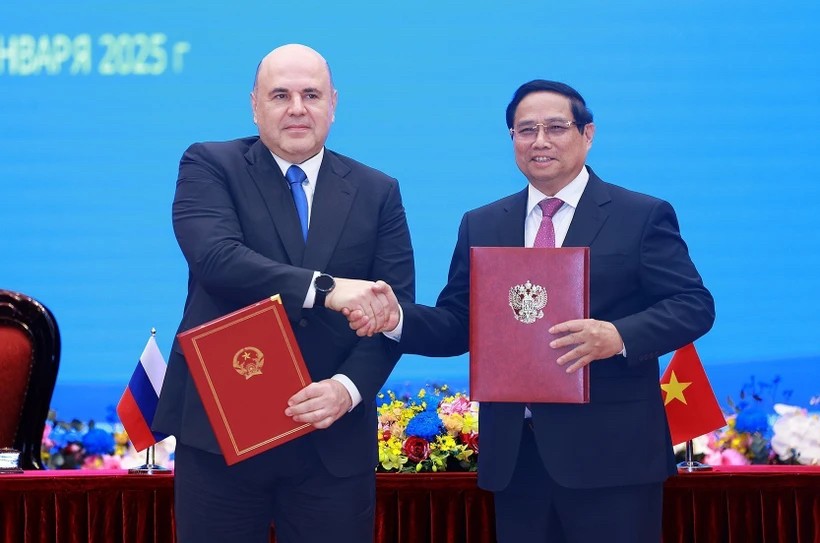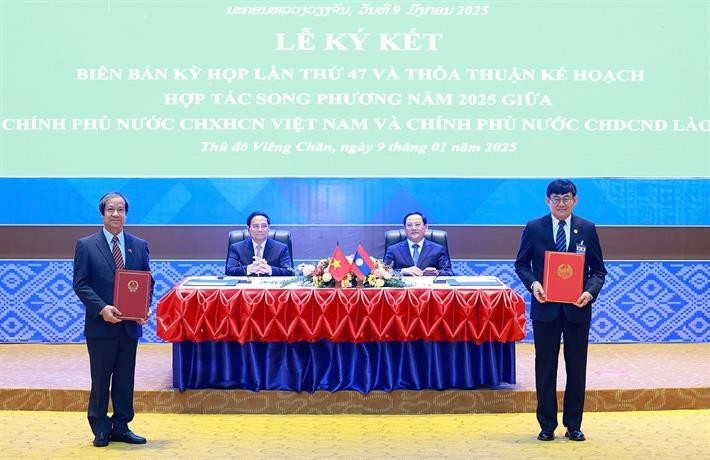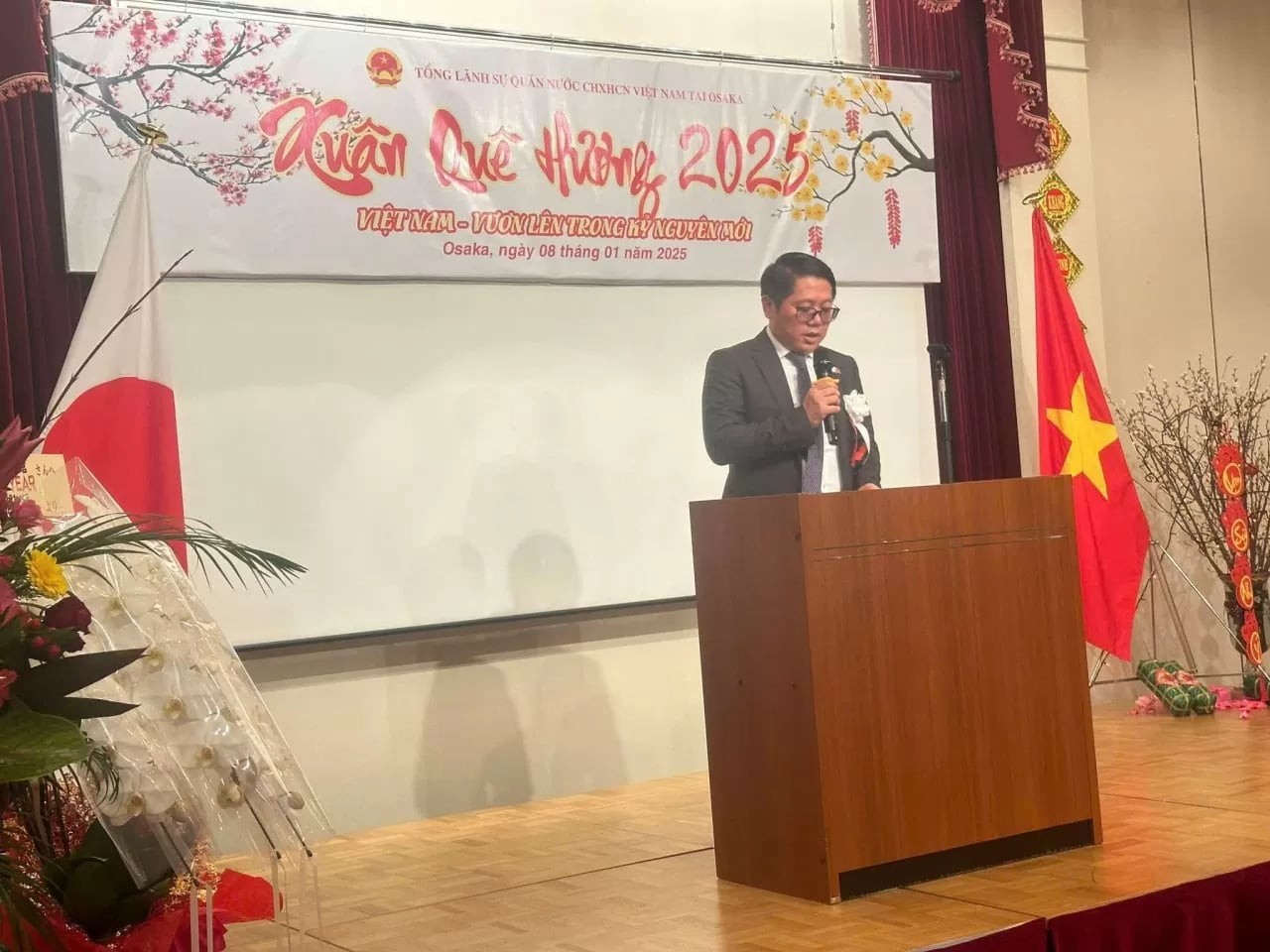India ranks among top critical tech leaders, following only US and China: ASPI report
ASPI, a Canberra-based defence and strategic policy think tank, in its latest report said that India has secured the second position in seven technologies, while the country also overtook the United States to claim the second spot in two emerging fields of technological research — biological manufacturing and distributed ledger technology — in 2023.
In the fast-evolving field of artificial intelligence (AI), India now ranks just behind the US and China in various key segments, including advanced data analytics, AI algorithm, hardware accelerator, machine learning, advanced integrated circuit design and fabrication, natural language processing, and adversarial AI, as per the ASPI Critical Technology Tracker report.
"Now covering 64 critical technologies and crucial fields spanning defence, space, energy, the environment, artificial intelligence (AI), biotechnology, robotics, cyber, computing, advanced materials and key quantum technology areas, the Tech Tracker’s dataset has been expanded and updated from five years of data (previously, 2018–2022) to 21 years of data (2003–2023)," the ASPI report said.
The think tank said these new results reveal the shift in research leadership over the past two decades towards large economies in the Indo-Pacific with India emerging as a key centre of global research innovation and excellence, establishing its position as an S&T (science and technology) power.
"The US led in 60 of 64 technologies in the five years from 2003 to 2007, but in the most recent five years (2019–2023) is leading in seven. China led in just three of 64 technologies in 2003–2007, but is now the lead country in 57 of 64 technologies in 2019–2023, increasing its lead from our rankings last year (2018–2022), where it was leading in 52 technologies," it added.
"India now ranks in the top five countries for 45 of 64 technologies (an increase from 37 last year) and has displaced the US as the second-ranked country in two new technologies (biological manufacturing and distributed ledgers) to rank second in seven of 64 technologies," said the ASPI report, which examines short- and long-term trends to generate unique insights.
Meanwhile, the report highlighted that the number of technologies classified as ‘high risk’ has jumped to 24 from 14 technologies in the previous year, and China is the world leader in every one of the technologies newly classified as high risk—putting a total of 24 of 64 technologies at high risk of a Chinese monopoly.
"Worryingly, the technologies newly classified as high risk include many with defence applications, such as radar, advanced aircraft engines, drones, swarming and collaborative robots and satellite positioning and navigation," the ASPI report noted.
While India does not yet lead in any of the 64 critical technologies, the country has been a strong performer across a range of technologies, especially in biofuels and high-specification machining processes, making major gains since 2019, as per the report.
Despite India’s upwards trajectory, Indian institutions are yet to appear in the top five rankings across any period between 2003–2023, the ASPI report added. At the moment five Indian institutions place within the top five across the 64 technologies.
Given that India currently does well at the national level (top five in 45 technologies), the ASPI finding suggests that the country’s research and scientific expertise in critical technologies is highly fragmented.
"That lack of standout institutional performers may be limiting India’s ability to attract foreign research talent and motivate prominent Indian scientists and technologists to stay at, or come back to, Indian institutions," the report highlighted.
The ASPI report however underlined that India seems poised to overtake China in its publication rate in biofuels within the next few years, saying "this is significant and would mark the only technology in which the lead country is not the US or China."
ASPI’s Critical Technology Tracker is a unique dataset that allows users to track 64 technologies that are foundational for economies, societies, national security, defence, energy production, health and climate security, and it focuses on the top 10 percent of the most highly cited research publications from the past 21 years (2003–2023).
The new dataset is analysed to generate insights into which countries and institutions—universities, national labs, companies and government agencies—are publishing the greatest share of innovative and high-impact research, according to the Australian think tank.
Recommended
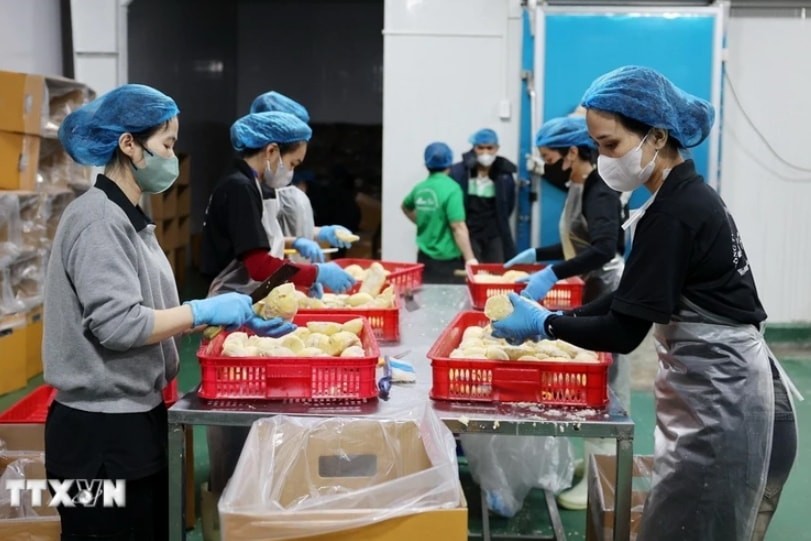 Economy
Economy
CNBC: Vietnam Officially Becomes The World's "Durian King"
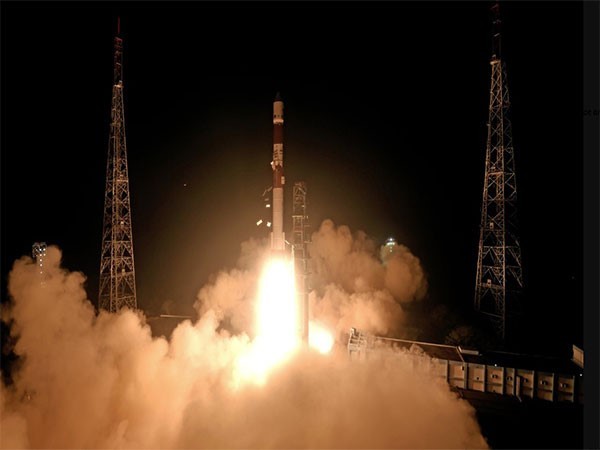 Economy
Economy




